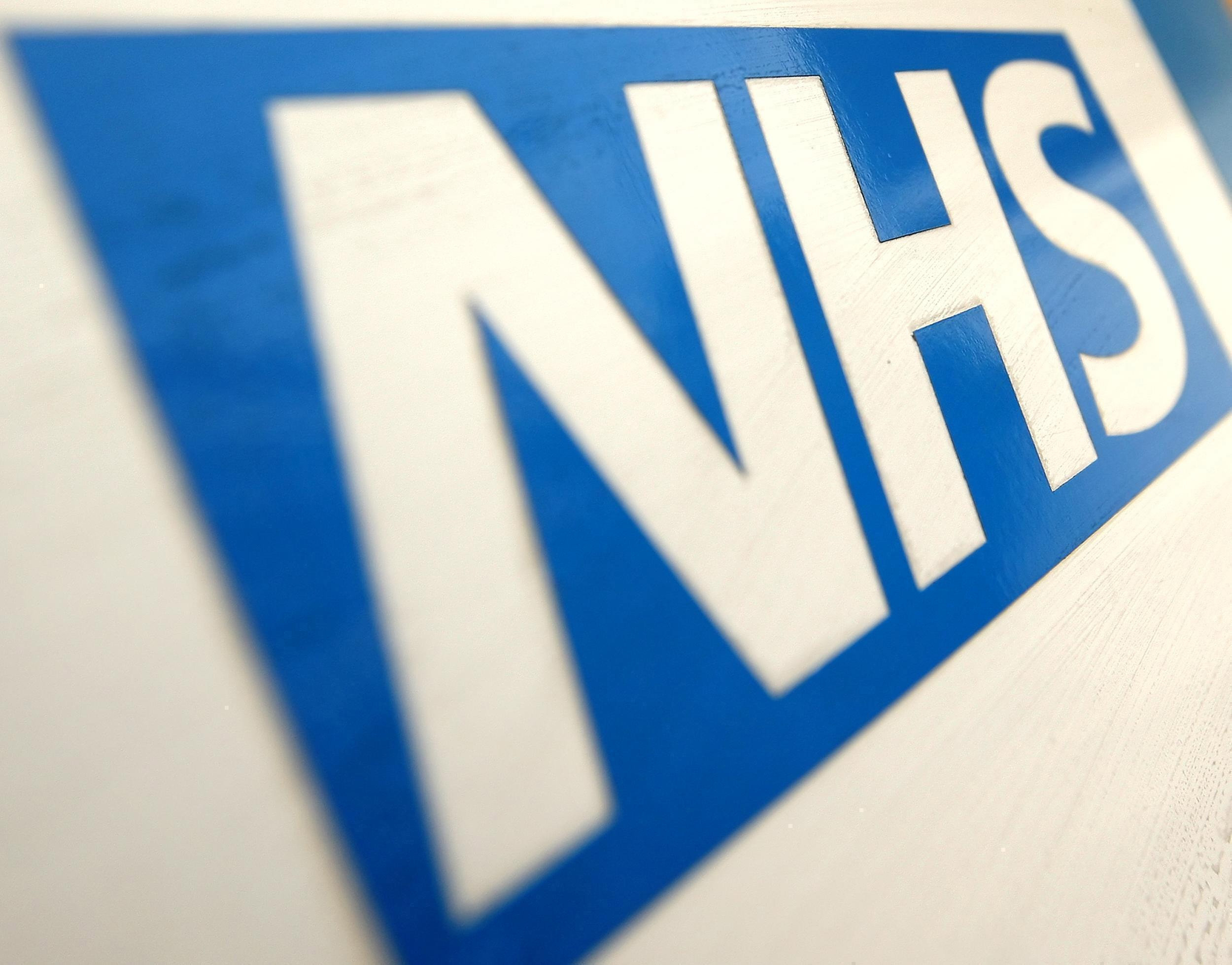
AN NHS chief has accused the BBC of “stigmatising and unpleasant language” after a Panorama episode on mental illness.
John Lawlor, chief executive of Northumberland, Tyne and Wear NHS Foundation Trust, said he had been horrified by the programme and claimed it reinforced “unhelpful stereotypes”.
The show, called A Prescription For Murder?, looked at the use of certain anti-depressants and their potential side effects.
It specifically focused on the use of selective serotonin reuptake inhibitors (SSRIs) and the case of 24-year-old American student James Holmes, who carried out the Aurora mass shooting in 2012 and had been taking a prescription.
Mr Lawlor, who has previously spoken about his own experience of mental illness, said: ‘I am horrified that the BBC has chosen to use such stigmatising and unpleasant language in relation to people who use anti-depressants.
‘Substantial steps forward to challenge the stigma of mental ill health have been made, and linking the experience of mental health problems with violent crime only reinforces unhelpful stereotypes.
“In fact people with mental ill health are far more likely to be the victim of violence, partly because of the stigma they experience.
“I would like to call upon BBC Panorama to apologise for the offence they have caused.”
In response, the BBC claimed the investigation was in the public interest and it had done so responsibly.
A statement said: “It is in the public interest to investigate the possible adverse side effects of SSRIs that could potentially affect a minority of people, and Panorama did so carefully and responsibly.
“Our journalism included new information about the number of reports to the Medical Healthcare products Regulatory Authority about reported side effects of SSRIs, as well as a range of voices in psychiatry in both the US and the UK.
“It was also stressed clearly throughout the programme that these drugs are safe for the majority of users, and people should not change or stop taking medication without seeking medical advice first.”

Enjoy the convenience of having The Sunday Post delivered as a digital ePaper straight to your smartphone, tablet or computer.
Subscribe for only £5.49 a month and enjoy all the benefits of the printed paper as a digital replica.
Subscribe